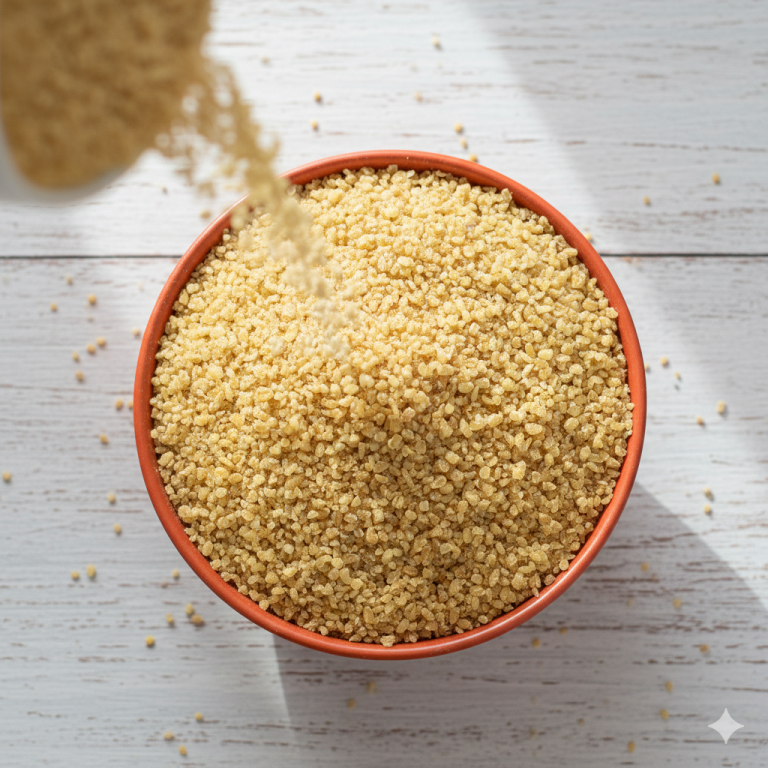Rosehip: origin, benefits, and culinary uses
/ All articles / Curiosities / Recipies

In the wild landscapes of Europe, North Africa, and Asia, among thorny rose bushes, small and powerful gems known as rosehips hide. These fruits, also called rose hips, have captivated humanity for centuries with their rich flavors, subtle aroma, and countless health benefits. In this deep dive, we will explore the origins of the rosehip, its impressive nutritional properties, and the surprising variety of uses it offers in the kitchen and beyond.
Origins and Culture of the Rosehip
The rosehip has been part of human culture since time immemorial. Its origins date back to the ancient civilizations of Europe and Asia, where it was valued both for its exquisite flavor and its medicinal properties. The Greeks and Romans used it to treat a wide range of ailments, from colds to skin diseases, while in Chinese and Japanese tradition, it was attributed tonifying and rejuvenating properties.
Throughout the centuries, the rosehip has been intertwined with the history and culture of various regions of the world. In medieval Europe, rosehip berries were believed to possess magical and protective powers, and were used in amulets and spells. In times of scarcity, it became a staple food for many communities, as its fruits were abundant and easy to gather.
Nutritional Properties of Rosehip
Despite its modest size, the rosehip is packed with essential nutrients for health. These small berries are a true nutritional powerhouse, offering an impressive array of vitamins, minerals, and antioxidants. Here’s a closer look at some of its most prominent nutritional properties:
- Vitamin C: Rosehip is one of the richest sources of vitamin C in the plant kingdom, surpassing even many citrus fruits. This vitamin is crucial for strengthening the immune system, supporting skin health, and fighting free radicals.
- Vitamin A: It is also rich in vitamin A in the form of beta-carotene, which is important for vision, skin, and immune health.
- Essential Fatty Acids: Rosehip contains essential fatty acids, such as omega-3 and omega-6, which are critical for cardiovascular, brain, and nervous system health.
- Antioxidants: In addition to vitamin C, rosehip is loaded with antioxidants such as flavonoids and carotenoids, which protect the body against oxidative stress and inflammation.
- Dietary Fiber: Rosehip berries are an excellent source of dietary fiber, which promotes digestive health, helps control blood sugar and cholesterol levels, and contributes to a feeling of fullness.

Uses in the Kitchen and Beyond
The versatility of rosehip in the kitchen is truly impressive. From comforting teas to exquisite culinary preparations, these berries offer a world of creative and delicious possibilities. Here’s a glimpse of the various uses of rosehip in the kitchen and beyond:
- Teas and Infusions: Rosehip lends itself wonderfully to making comforting teas and infusions. Simply add dried rosehip berries to hot water and let steep to obtain a fragrant and nutritious drink that warms both body and soul.
- Jams and Jellies: Rosehip berries are perfect for making delicious jams and jellies that can be enjoyed on bread, cookies, and other baked goods. Their sweet and tart flavor adds an exquisite touch to any breakfast or snack.
- Sauces and Dressings: Rosehip can also be used to make sauces and dressings to accompany savory dishes such as roasted meats or salads. Its vibrant flavor and smooth texture complement a variety of ingredients and preparations wonderfully.
- Creative Desserts: From pies and cakes to ice creams and sorbets, rosehip adds a touch of color and flavor to a variety of creative and delicious desserts. Its sweet and tangy profile pairs well with a wide range of ingredients and pastry techniques.
- Nutritional Supplements: In addition to its culinary use, rosehip is also available in the form of nutritional supplements, such as capsules or powders, which can be taken to obtain additional health benefits. These supplements are a convenient way to enjoy the benefits of rosehip when it is not possible to consume it fresh or cooked.

Recipe: Rosehip Jam
Ingredients:
Instructions:
1. Preparing the Rosehips:
- Wash the rosehips under cold water to remove any dirt.
- Remove the stems and leaves, and discard any fruits that are damaged or overly ripe.
2. Cooking the Rosehips:
- Place the rosehips in a large saucepan and add enough water to cover them.
- Bring the water to a boil, then reduce the heat to low.
- Cook the rosehips over low heat for about 20-30 minutes, or until they are tender and can be easily mashed with a fork.
3. Making the Jam:
- Drain the cooked rosehips and place them in a large bowl.
- Use a fork or a food mill to mash the rosehips into a smooth pulp.
- Return the rosehip pulp to the saucepan and add the sugar, lemon juice, and lemon zest.
- Cook the mixture over medium-low heat, stirring occasionally, until the sugar is completely dissolved and the mixture has a thick, jelly-like consistency. This may take about 30-40 minutes.
4. Canning the Jam:
- While the jam is still hot, pour it into sterilized jars and seal tightly.
- Allow the jars to cool completely at room temperature before storing them in the refrigerator.
Rosehip is a true gem of nature that offers a variety of health benefits and uses in the kitchen and beyond. Whether enjoyed in a cup of hot tea on a cold winter morning or incorporated into an exquisite culinary recipe, these versatile and nutritious berries add a touch of charm and vitality to any gastronomic experience. Discover the charm of rosehip and let yourself be seduced by its irresistible magic!
Did you find our article about rosehip interesting? Explore all exotic foods on our mentta blog, with all the latest culinary innovations.













